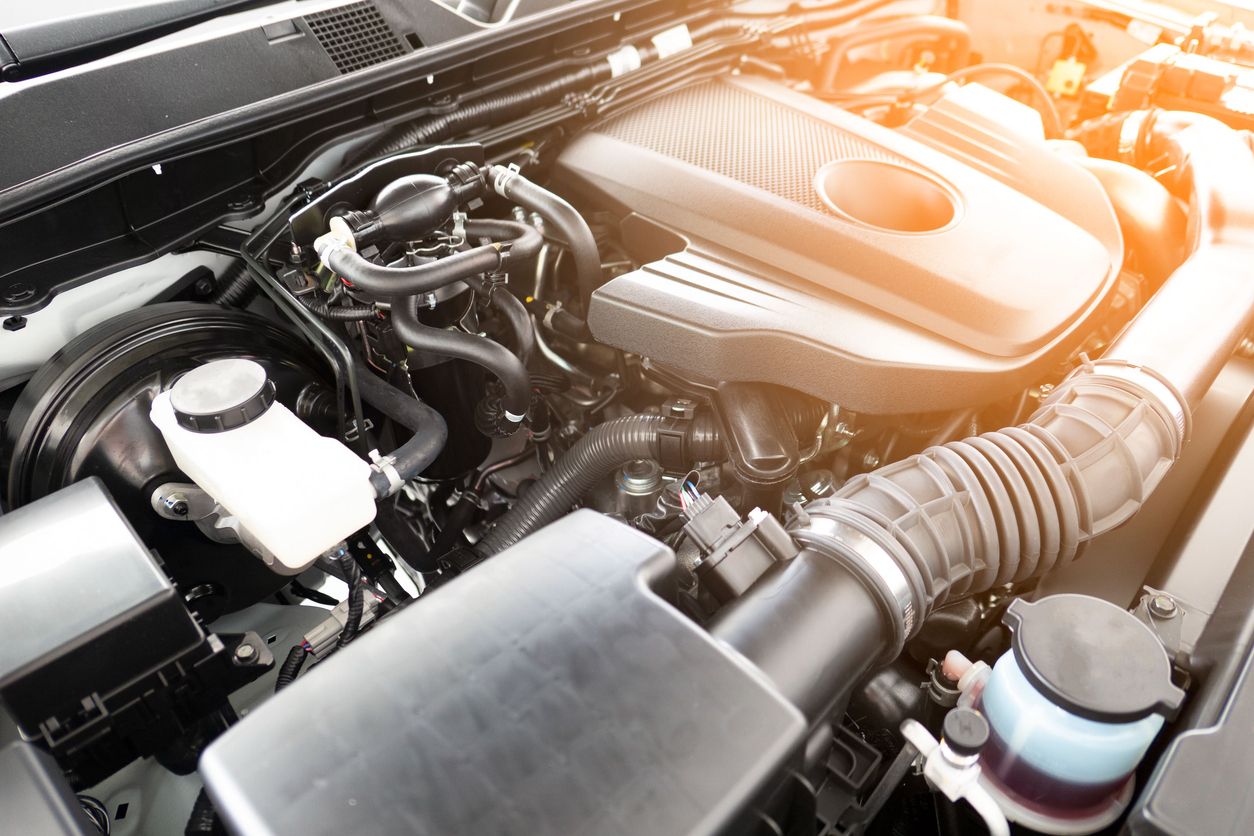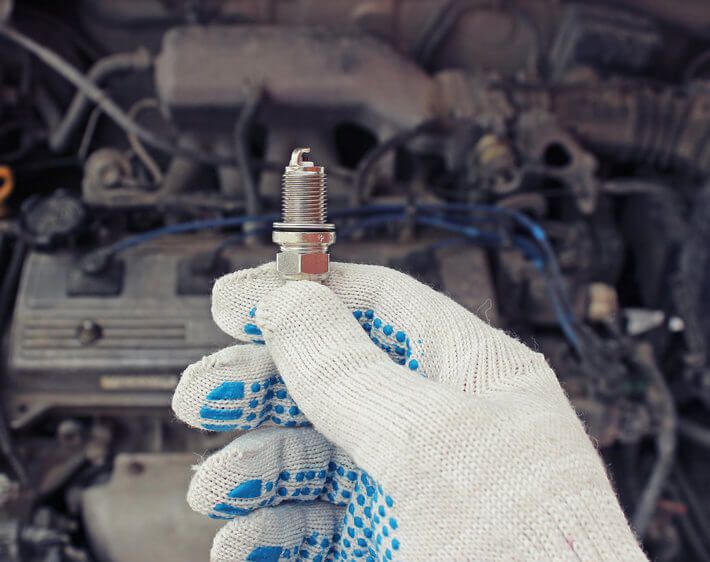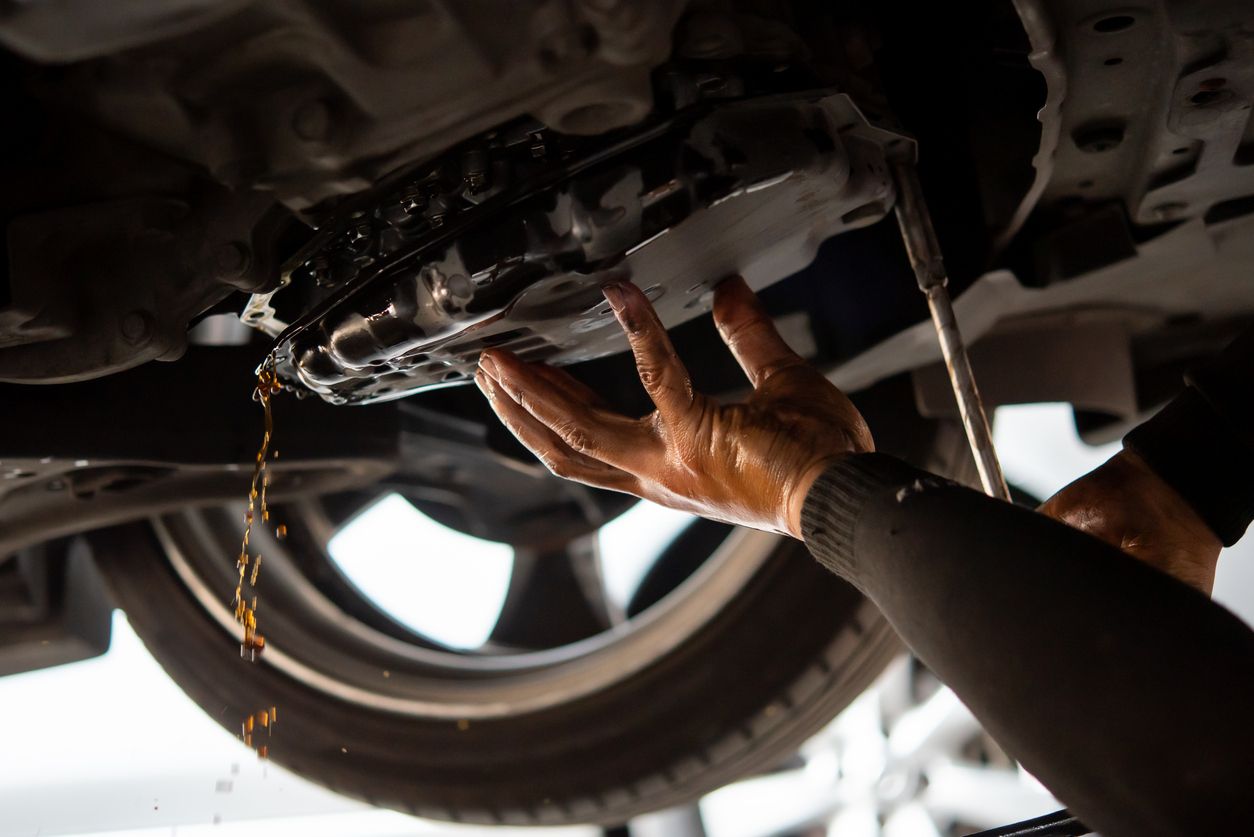Is your car starting to sound more like a grumpy old man than a sleek, purring kitten? It might be time for a tune-up! Read on to get a crash course in tune-up 101; we'll take you through the nuts and bolts of what they are, why cars need them, and how to tell if you need a tune-up for your ride.
What is an Engine Tune-Up?
An engine tune-up is routine vehicle maintenance that involves checking and replacing crucial ignition parts to ensure your ride runs efficiently and reliably.
However, when you imagine a tune-up, you might picture someone adjusting the air-fuel ratio on a carburetor or turning a distributor cap to attain flawless engine timing, but that's not quite the case anymore. Technological advancements in the automotive industry have produced vehicles that practically "tune” themselves. Nowadays, onboard computers manage the air-fuel mixture, timing, and other nuances that would have been overseen by engine masters of the past.
"Tune-up" is mostly a phrase of the past. But when you come into Firestone Complete Auto Care asking for one, our technicians will know exactly what you mean. We'll perform preventative maintenance, inspect crucial engine parts, and clean, repair, or replace them if needed.
Why Do Cars Need Tune-Ups?
Over time, normal wear and tear can affect your vehicle. Just like regular check-ups keep you healthy, a periodic engine tune-up helps mitigate wear and tear, ensuring that your car runs smoothly, efficiently, and safely. Plus, what's good for your vehicle is frequently good for your wallet, too, since tune-ups can prevent costly repairs by catching potential problems like bad spark plugs or faulty ignition coils before they cause damage to your engine.
How Often Does a Car Need a Tune-Up?
The time between tune-ups varies depending on the make, model, and age of your vehicle, as well as the driving conditions it experiences. However, we typically recommend having your engine checked for maintenance every 10,000–12,000 miles or once a year. If any service alerts or warning lights illuminate, though, you'll want to have your vehicle inspected sooner rather than later.
What Does a Basic Car Tune-Up Consist Of?
Tune-ups go beyond your scheduled oil change — they're like mini-revivals for your engine. Here are some items that could be included in your engine tune-up checklist:
- Spark plug inspection or replacement: We'll check your spark plugs for carbon deposits and replace them, ensuring that your vehicle has a strong, reliable spark.
- Spark plug wire, and coil boot inspection or replacement: Spark plugs are only as good as the wires that connect them to the ignition coil, so we'll inspect your vehicle's wires for any damage and replace them if needed. If you have a Coil-On-Plug setup, while we're there, we'll ensure that your coil boot(s) are in good condition and recommend replacement if needed.
- Ignition timing and idle calibration: If applicable, we'll adjust your engine's ignition timing and idle settings for optimal engine performance and efficiency.
- Visual inspection of engine components: Our technicians will use their eye for detail to catch often overlooked issues.
- Review of manufacturer-suggested maintenance schedule: Manufacturers know best, so we'll check to see what your specific vehicle needs.
- Onboard Diagnostics Scan: We'll use diagnostic tools to check your vehicle's onboard computer for error codes that could indicate potential issues.
- Engine air filter replacement: Your engine has to breathe, so we'll verify that its air filter is clean and in good condition. If it isn't, we'll recommend replacing it to ensure a clean, unobstructed air supply.
- Fuel filter replacement: We'll inspect and/or replace your car's fuel filter, with your approval, to maintain proper fuel flow and engine performance.
- Fuel system cleaning: A dirty fuel system can lead to clogged filters, worsened fuel efficiency, and subpar engine power. With a fuel system cleaning, we can ensure that it's clean and ready to deliver fuel as it should. Depending on your vehicle, this is a two —or three-step process that includes a fuel tank additive to clean and lubricate the fuel delivery system.
When Should You Get a Tune-Up?
Full transparency — engine tune-ups aren't a cure-all; they won't fix non-engine related issues like your car pulling to one side. For that, you'd need a vehicle alignment. But tune-ups can help fix sluggish, ill-performing engines. So if you notice any of the following symptoms, it might be time for one:
- An illuminated check engine or other indicator light
- Difficult starting
- Rough idling
- Difficulty accelerating
- Sputtering or stalling
- Poor fuel efficiency
- Misfiring or an engine knocking sound
Where Can You Get a Tune-Up?
By staying proactive with tune-ups, you ensure your vehicle remains safe, reliable, and efficient. So, whether your car exhibits unpleasant symptoms or you simply want peace of mind, consider visiting your local Firestone Complete Auto Care for comprehensive engine tune-up services. Our experienced technicians can help keep your car running smoothly for as long as possible. Schedule an appointment today!



